Normalcy
The views and opinions expressed in these posts are those of the author(s) and do not necessarily reflect the official policy or position of the Epidermoid Brain Tumor Society.
Any content provided by our author(s) are of their own opinion and are not intended to give medical advice or instruction, nor to malign any religion, ethnic group, club, organization, company, individual, anyone or anything.
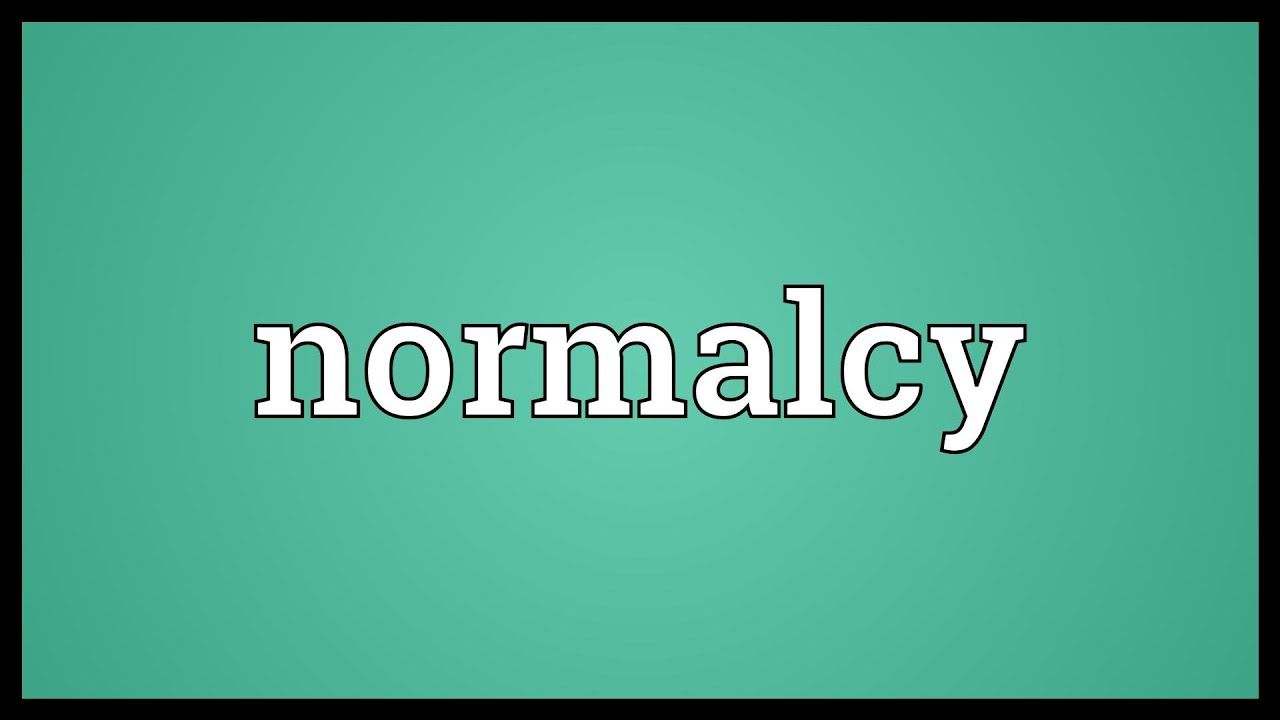 After getting through over a year of this virus (which included seclusion from everything we know and love) we are starting to return to a sense of normalcy: seeing loved ones, giving hugs, eating out, gathering with others.
After getting through over a year of this virus (which included seclusion from everything we know and love) we are starting to return to a sense of normalcy: seeing loved ones, giving hugs, eating out, gathering with others.
This pandemic has stopped us from doing everything we once took for granted. Ironically, the last time we dealt with a global pandemic, over 100 years ago, our tools to fight it were largely the same: socially distance from others and wash your hands frequently (although an mRNA vaccine wasn’t developed at break neck speeds then). We are now able to begin returning to doing what we love. Unfortunately, this is a cautionary article, reminding us that while the finish line is in sight, we are not out of the woods yet (sorry for using multiple metaphors). As a physician, I fear that we may undergo yet another surge in large part due to this Delta Variant.
I completely understand, we ALL want this pandemic to be over, developing COVID fatigue. But I urge you to help us cross that finish line – continue to mask and socially distance when possible. As a physician I also must urge you to get vaccinated. Suffering from Epidermoid brain tumors puts many of us at elevated risk, thus even further emphasizing the importance of getting the vaccine. When coming up with a treatment plan for patients, I try to avoid the angle of “scaring” them into treatment, as I strongly believe that playing on a patient’s fear and vulnerability not only is a poor tactic, but also only leads to fleeting results. But regardless of this philosophy, I feel I must share this story with you: (In an attempt to respect his/her privacy I will not give out any of his/her identifying information)
My wife (also a Family Physician) had a patient who she constantly urged to receive the vaccine. The patient always refused, stating that he’ll/she’ll “be fine without it.” She saw him/her on a Monday afternoon and again pushed for vaccination – this person again refused. Two months later she received a note telling her that this patient had been hospitalized with COVID. Ten days after that she received a notice that he/she had unfortunately passed away from COVID complications. I share this sad story with you, not to scare you, but to underscore the importance of this vaccine. Had this person received the vaccine, his/her life could have been spared.
Thus, I implore you to stay vigilant. Keep washing your hands, continue to try to socially distance, and get vaccinated. We are so close to the finish line, but I fear yet another surge is on the horizon.
Thanks guys!
Chris



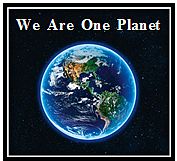

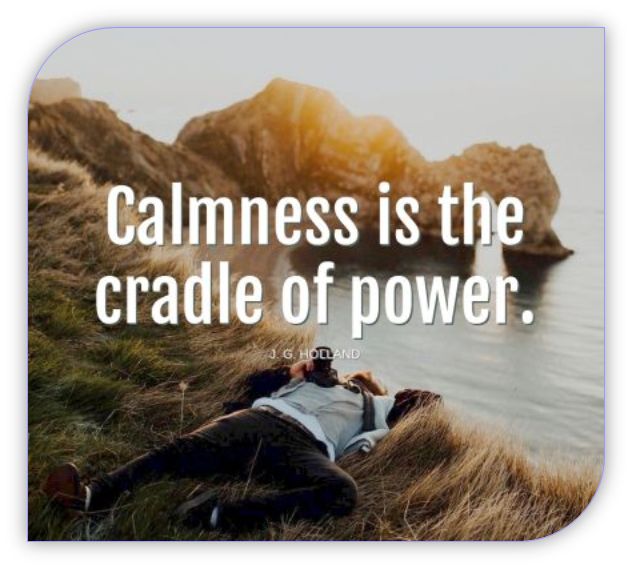
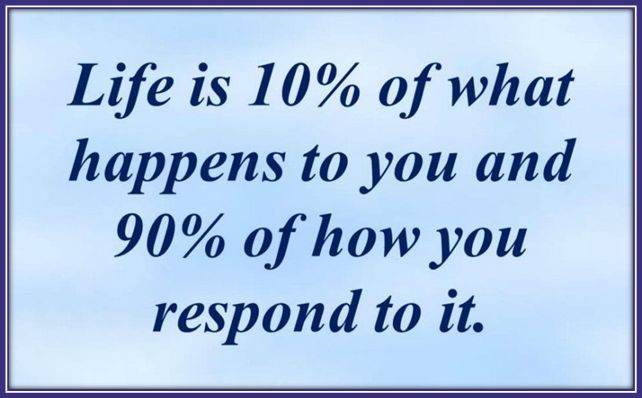


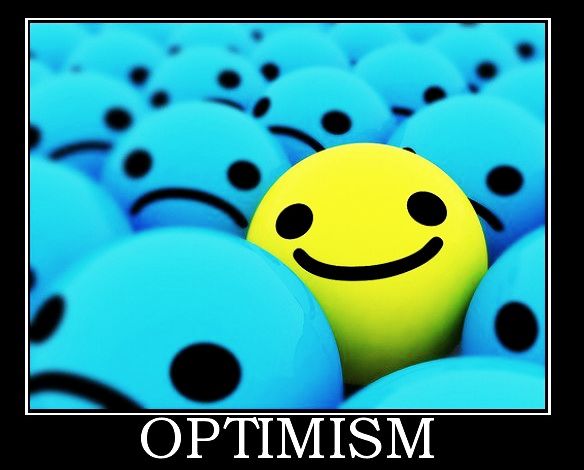 Even though the premise of this message seems straight-forward, it is one that is often forgotten. We all wish we had more money; maybe you wish you wish you were taller, or had different color hair. Perhaps you desire more power at your job. We all wish and hope for different possessions and talents, but we cannot let these desires consume and overtake us. Instead, we should be grateful for what we do have and can do. Personally, I mentioned earlier how I wished I could do that; my 4 year old son had just asked me to play catch with him. I knew my poor motor skills would not allow me to do so, so it was at that time I wished I could do that. Thankfully though, that only lasted a minute, as I have not had thought again. . . Until now. But my point is, that if I allowed these thoughts to consume me I’d either go crazy or sink into depression (or both); I think it’s important instead to hone in on what I can do instead.
Even though the premise of this message seems straight-forward, it is one that is often forgotten. We all wish we had more money; maybe you wish you wish you were taller, or had different color hair. Perhaps you desire more power at your job. We all wish and hope for different possessions and talents, but we cannot let these desires consume and overtake us. Instead, we should be grateful for what we do have and can do. Personally, I mentioned earlier how I wished I could do that; my 4 year old son had just asked me to play catch with him. I knew my poor motor skills would not allow me to do so, so it was at that time I wished I could do that. Thankfully though, that only lasted a minute, as I have not had thought again. . . Until now. But my point is, that if I allowed these thoughts to consume me I’d either go crazy or sink into depression (or both); I think it’s important instead to hone in on what I can do instead.
 Christopher Chiou, MD, practices family medicine in Okemos, MI, where he lives with his wife, who is also a doctor, and two sons. He has recently begun writing about health in various journals.
Christopher Chiou, MD, practices family medicine in Okemos, MI, where he lives with his wife, who is also a doctor, and two sons. He has recently begun writing about health in various journals.
